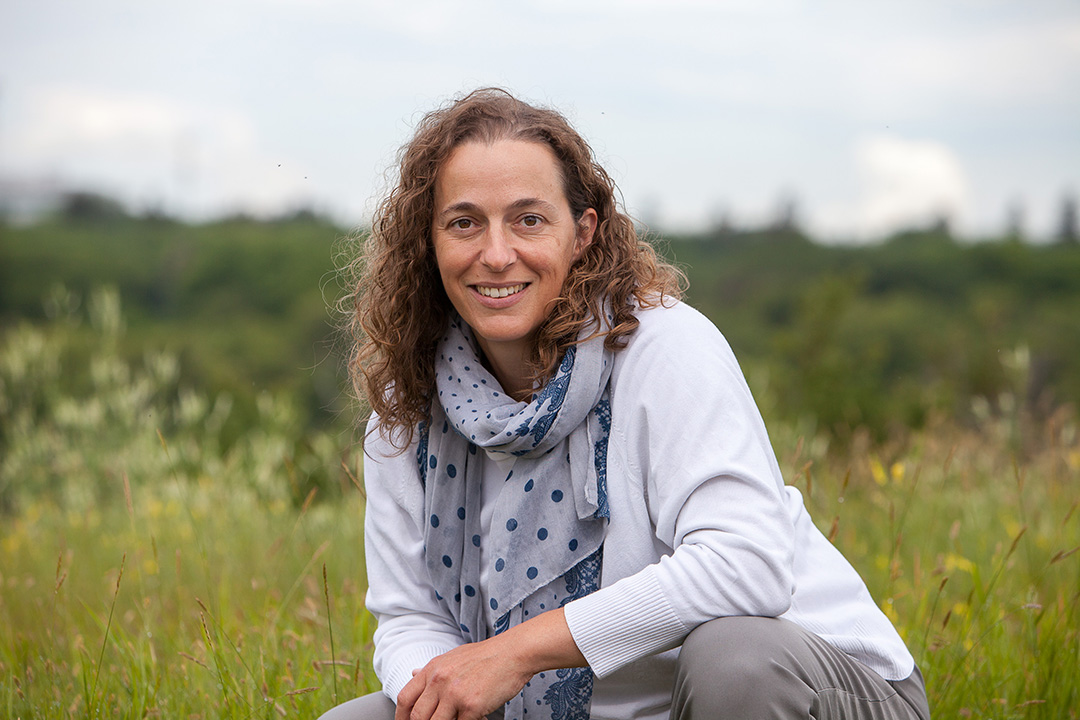
Dean's report
Dean Bedard-Haughn reflects on the college's growth over the last 110 years.
By Angela Bedard-HaughnOver the past 110 years, the College of Agriculture and Bioresources (AgBio) has seen many changes, reflecting the world around us. This includes opportunities but also challenges brought on by pandemics, wars and the economy. Throughout all of this, AgBio has been here – training the next generation of experts to responsibly care for the environment while feeding a hungry and growing world.
Indeed, the world needs AgBio to find solutions to pressing global issues, including food insecurity and environmental sustainability. Our cutting-edge research has led to new crop varieties, advances in animal nutrition, healthier soils, novel bioproducts, agricultural policy insights, and many more innovations. Our perseverance was put to the test by the last couple of years, but our faculty and staff remain committed to our mission and are excited to continue growing the future!
The college has three new academic programs that will be rolling out over the next year. This includes two new undergraduate degrees, the Bachelor of Science in Food and Nutrition (launching this fall, a joint offering between our Department of Food and Bioproduct Sciences {FABS} and the College of Pharmacy and Nutrition) and a Bachelor of Science in Food Industry Management (a joint offering between FABS and the Department of Agricultural and Resource Economics; slated to launch in fall 2023).
We also have a new Certificate in Precision Agriculture which will bring together University of Saskatchewan (USask) students from AgBio, Engineering and Computer Science to prepare them to be leaders in the rapidly evolving area of ag tech.
We work hard to ensure that our students will graduate with what they need to grow their future: excellent industry-endorsed scientific training and a foundation of professional career skills. As always, we strive to respond to student and community needs: providing hands-on training that combines both the “how” and the “why”, learning directly from industry-leading researchers, exposure to a wide swath of the agriculture industry, and the critical thinking skills to separate the wheat from the chaff!
Through these new educational opportunities, we continue to strengthen and diversify our student community, and that community is what makes AgBio rise to the top. Emma Cross, our top AgBio graduate this year and winner of both the Governor General’s Silver Medal (the highest academic honour for an undergraduate student at USask), and the Saskatchewan Institute of Agrologists’ Gold Medal, put it best:
“In my opinion, the greatest strength of the College of AgBio is its close-knit community. Students have an opportunity to develop deep friendships that will last a lifetime while pursuing important causes that benefit the broader community.”
As you read this issue of Agknowledge, we hope you enjoy learning more about our community - the faculty, staff, students, alumni and donors that make us the college the world needs!
Agknowledge, Fall 2022

